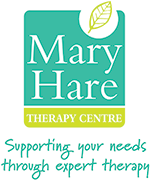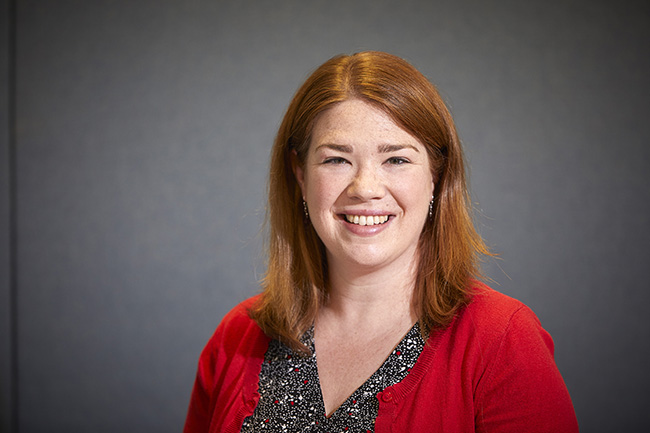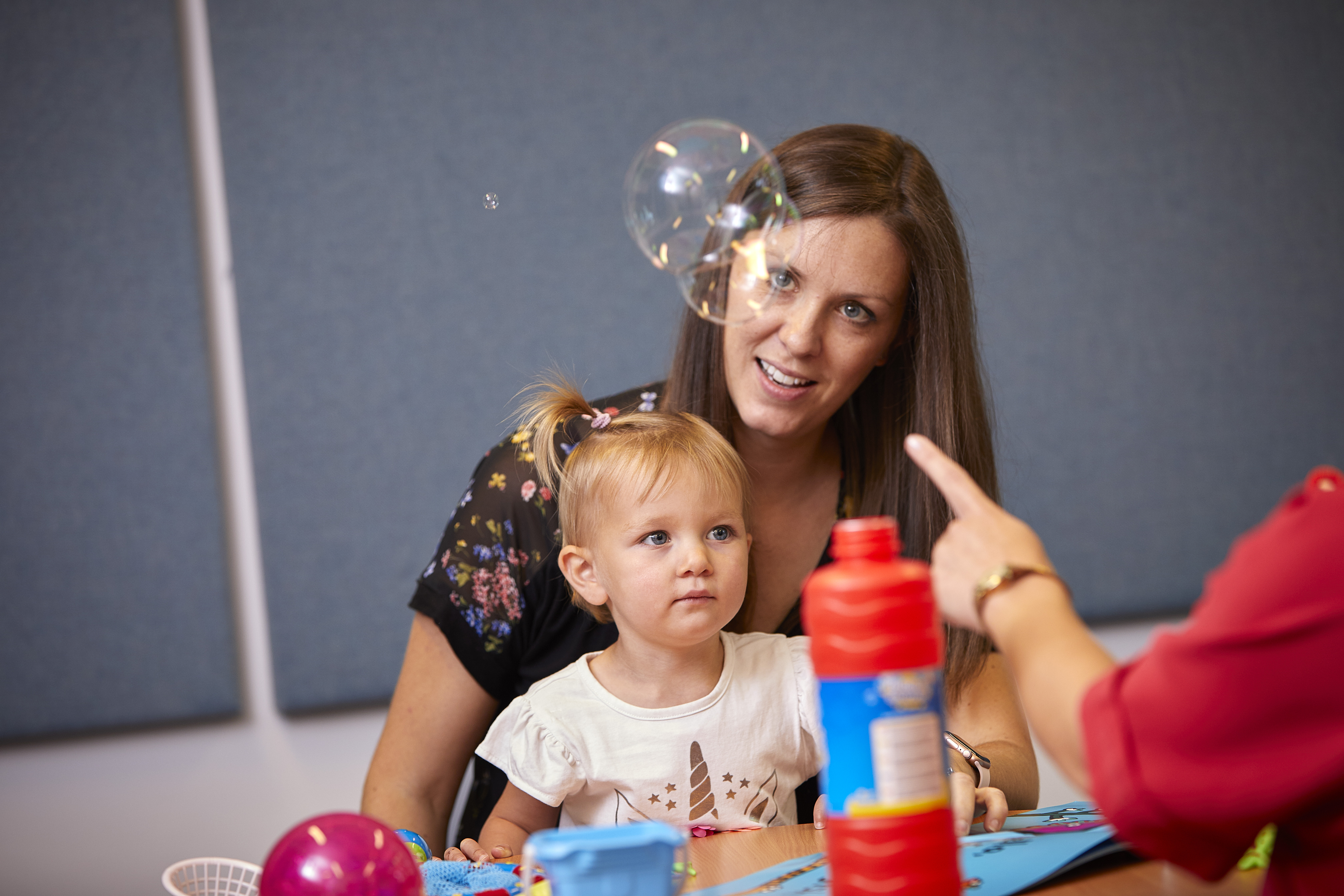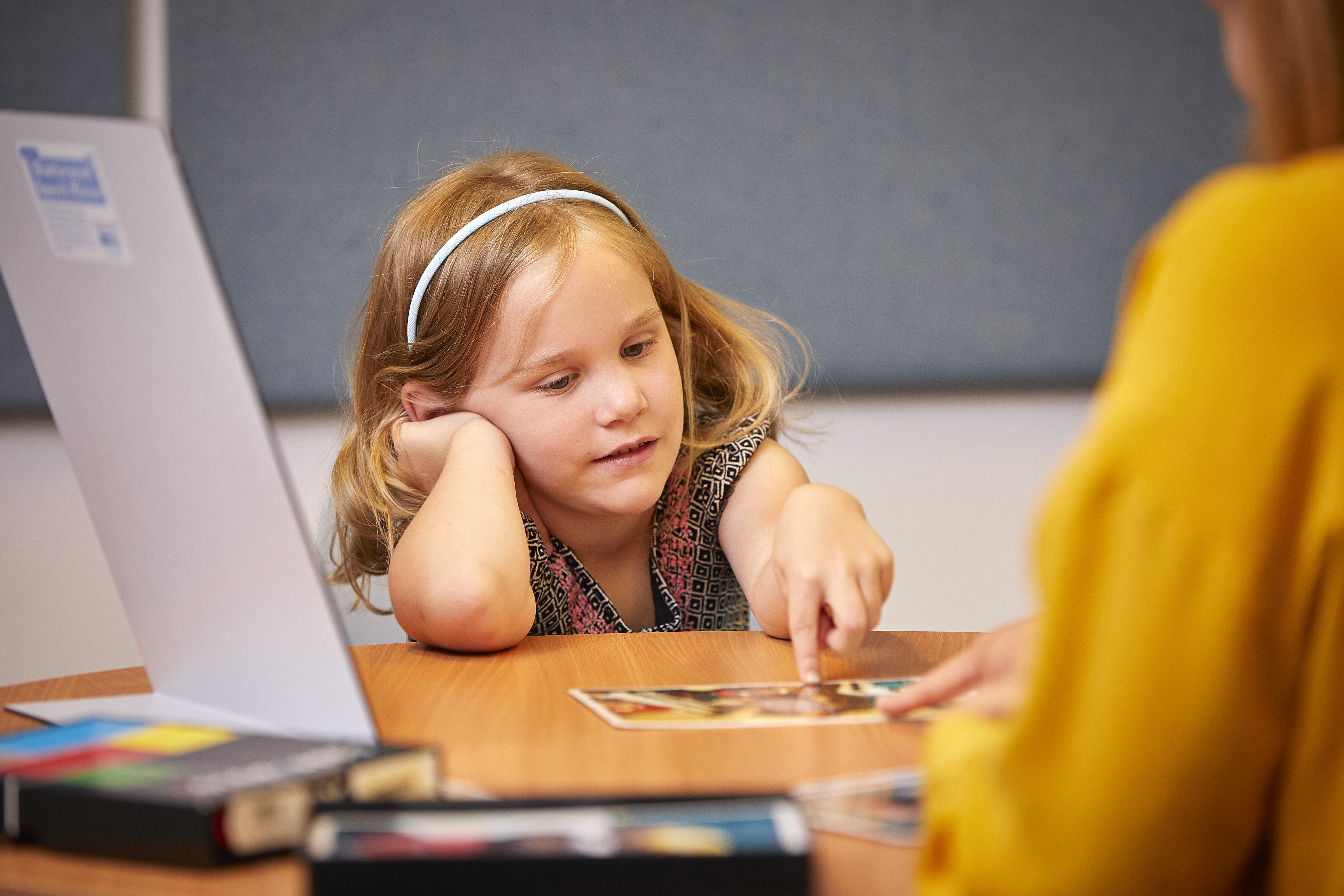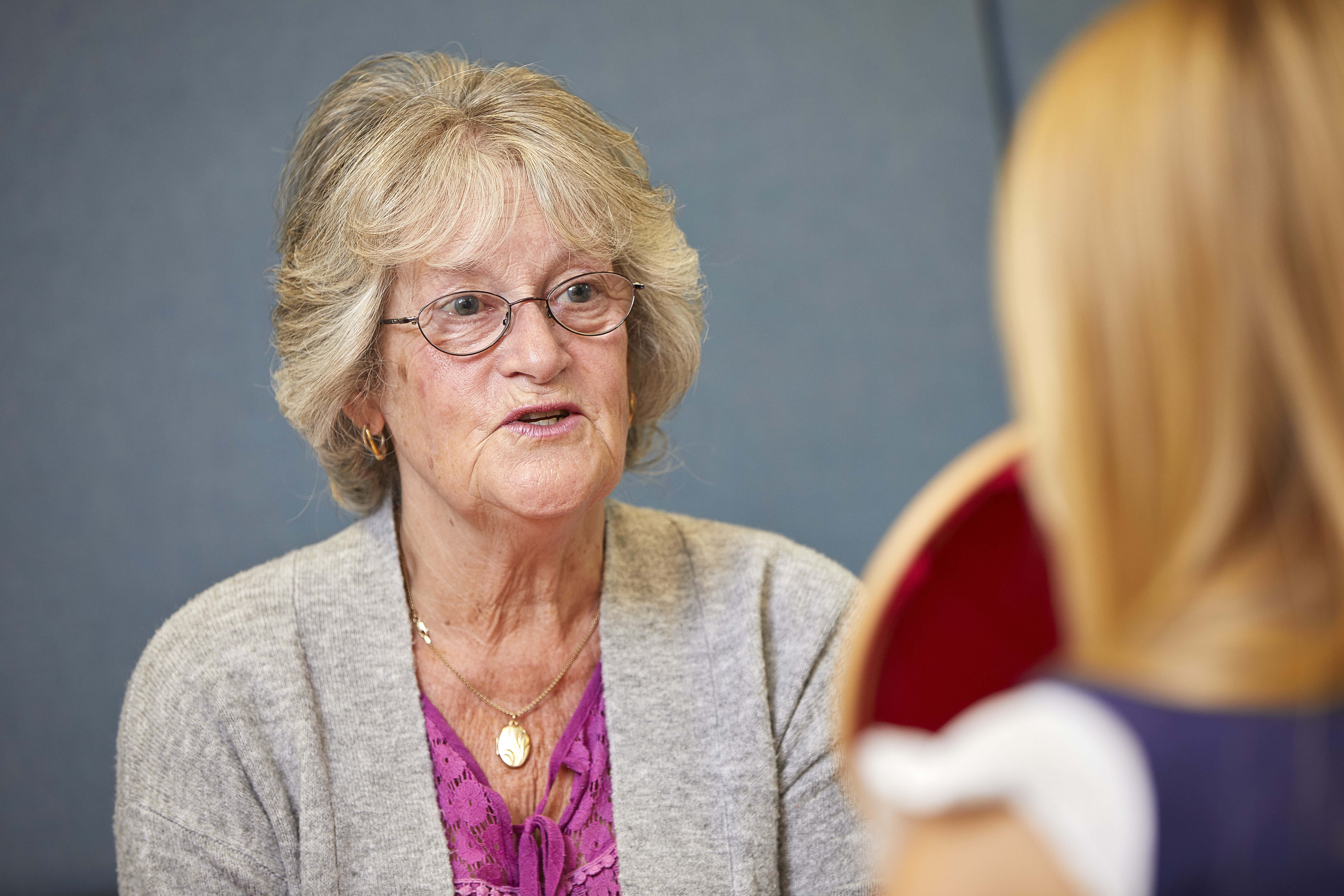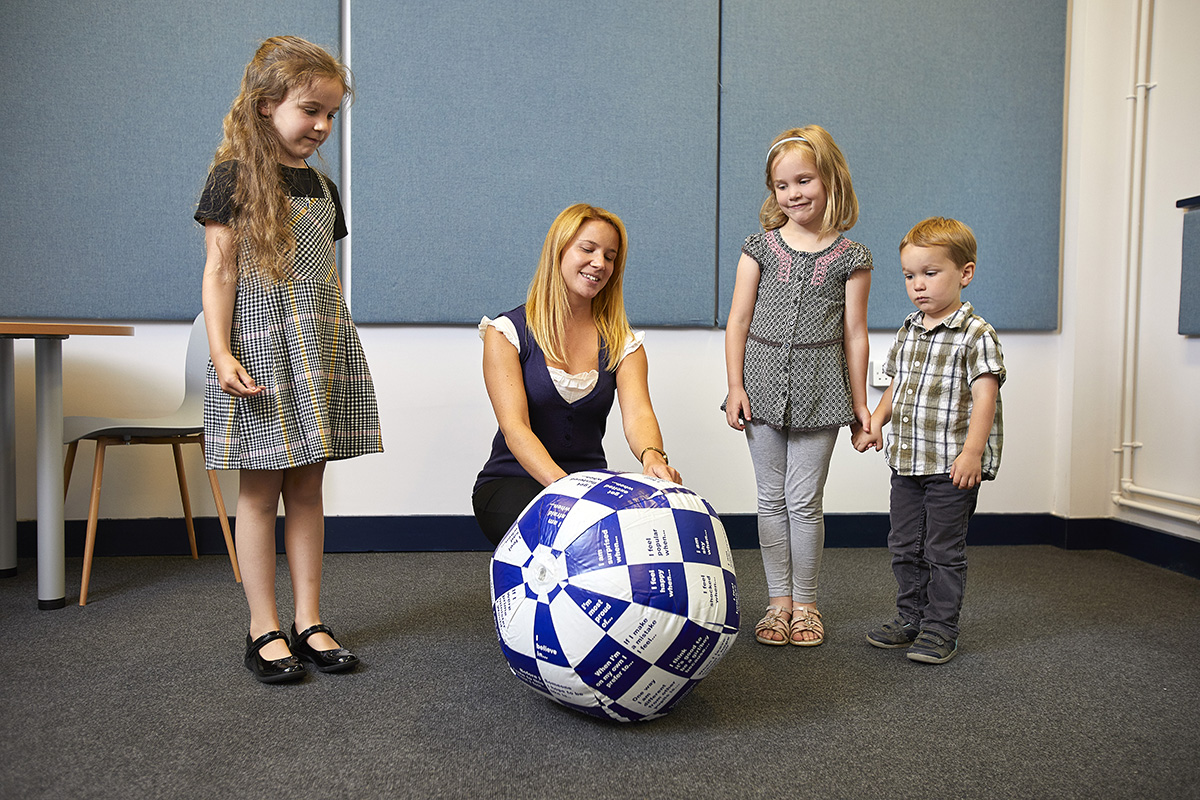Welcome to the Mary Hare private Speech Therapy Service. My name is Katherine Clements, and I have been head of the Speech and Language Therapy Department at Mary Hare School for more than 14 years. My aim is to ensure that each pupil reaches their full communicative potential . I am absolutely delighted that we are now able to offer this specialist service to the public and extend our work to include all age groups and those with a range of needs, to develop and achieve their individualised goals.
It is with great pleasure that we can now share our expertise and experience with those who need it most.
We are able to provide assessments, advice, training and therapy at Mary Hare within the The Burwood Centre or can support pupils within local schools if appropriate.
If you are interested in this service, please do get in touch by completing the form below or calling us on 07423710016 (email: [email protected])
Please complete the booking form below and we will be in touch with you as soon as we can.
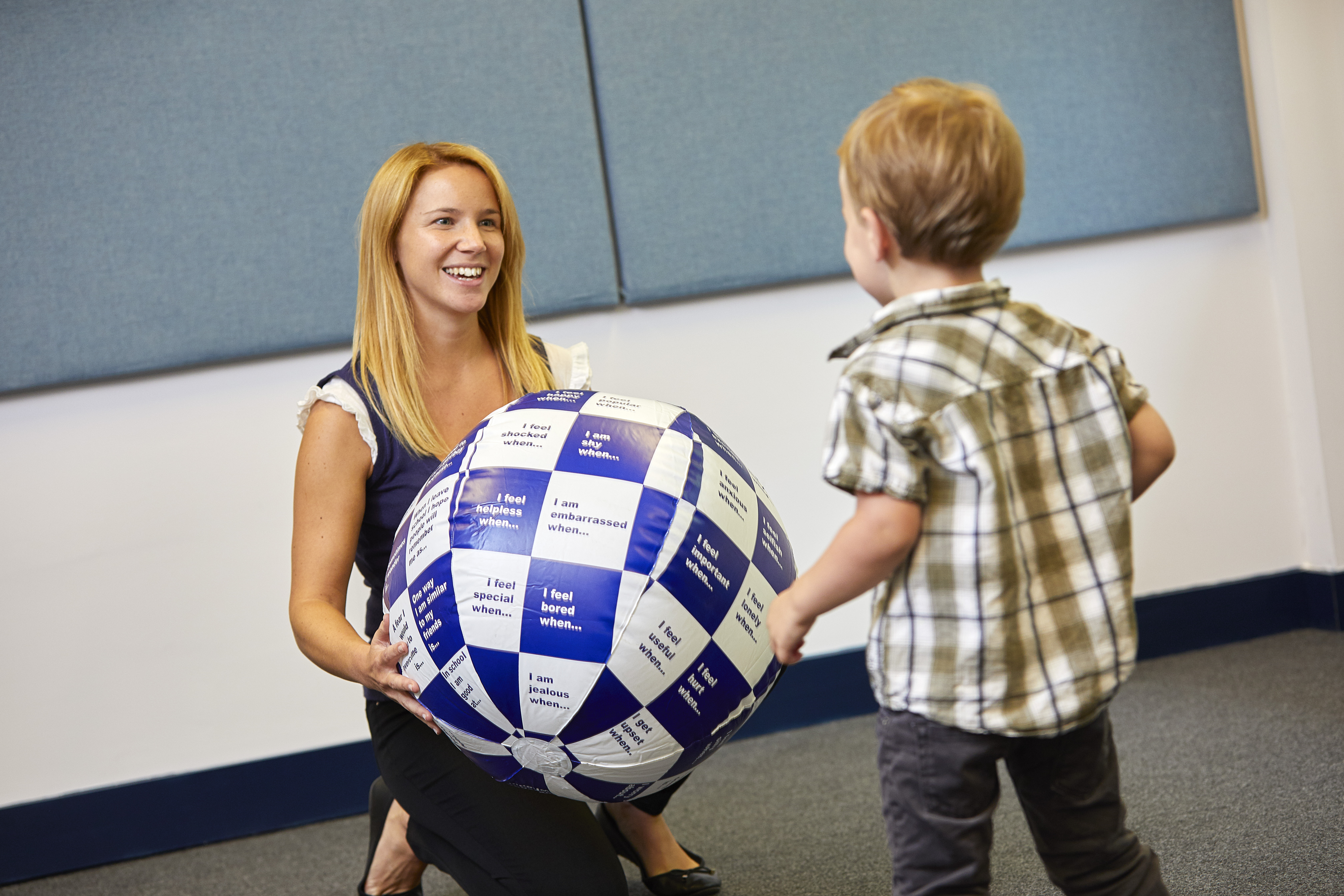
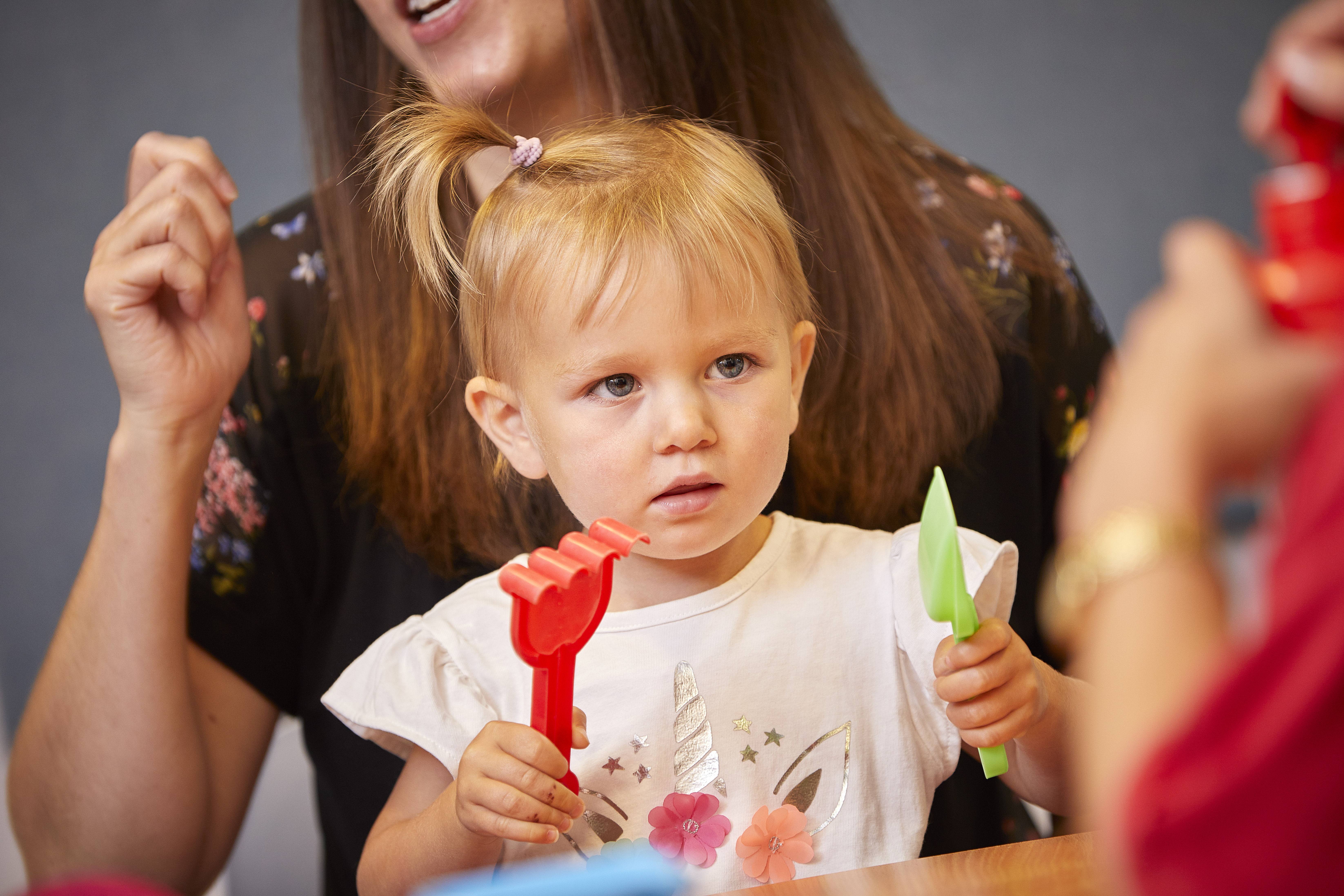
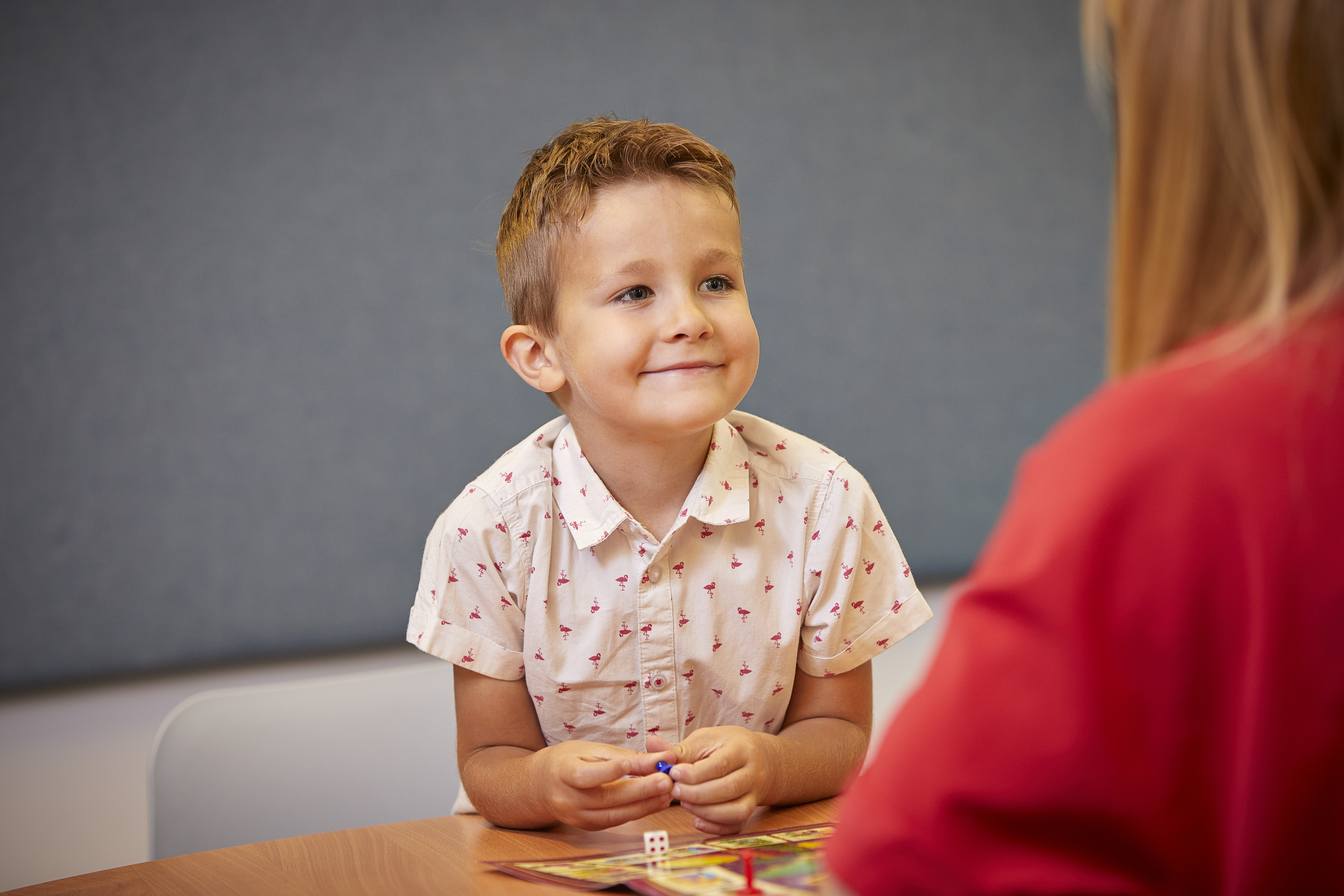
Mary Hare Therapy Centre is pleased to be able to offer support to children of all ages including pre-school age.
Children all learn language in the same way, but not always at the same time. Some children start talking early and appear to pick language up quickly whilst others do not talk very much or have trouble listening. Children can have speech or language problems before they start school.
Examples of difficulties your child may experience are listed below.
Some children have problems understanding, called receptive language. They may have trouble:
Understanding what people mean when they use gestures, like shrugging or nodding
Following directions
Answering questions
Pointing to objects and pictures
Knowing how to take turns when talking with others
Some children have problems talking, called expressive language. They may have trouble:
Asking questions
Naming objects
Using gestures
Putting words together into sentences
Learning songs and rhymes
Using correct pronouns, like "he" or "they"
Knowing how to start a conversation and keep it going
Changing how they talk to different people and in different places. For example, you speak differently to an adult than a young child. You can talk louder outside than inside.
Many children have problems with both understanding and talking.
Some children also have trouble with early reading and writing, such as:
Holding a book right side up
Looking at pictures in a book and turning pages
Telling a story with a beginning, middle, and end
Naming letters and numbers
Learning the alphabet
Research tells us that early Speech and Language Therapy intervention can improve later communication and quality of life outcomes
Examples of therapy programmes we offer are listed below. Please be aware that this is not an exhaustive list and we endeavour to tailor programmes to meet the needs of the child requiring support. If you would like any additional information on any of these programmes or have queries relating specifically to your child, please do not hesitate to get in touch.
Developing whole body listening skills and attention
For those younger children who have difficulty sustaining attention or listening appropriately. This could present as not being able to sustain attention or focus on a game or activity.
Developing early communication skills:
For children who would benefit from extra support with developing early communication skills such as joint attention, turn taking, requesting, active listening and play.
Speech difficulties- articulation or phonology:
For children who have difficulty with producing early speech sounds clearly or who miss out or change their speech sounds when talking. This will sometimes have an impact on their overall speech intelligibility and/or confidence to communicate.
Developing understanding and use of language at the early stages:
Working with your child to improve his/her understanding and talking. Using play-based activities to get your child ready to read and write. Supporting the development of good language skills help your child learn, behave, make friends, and express themselves.
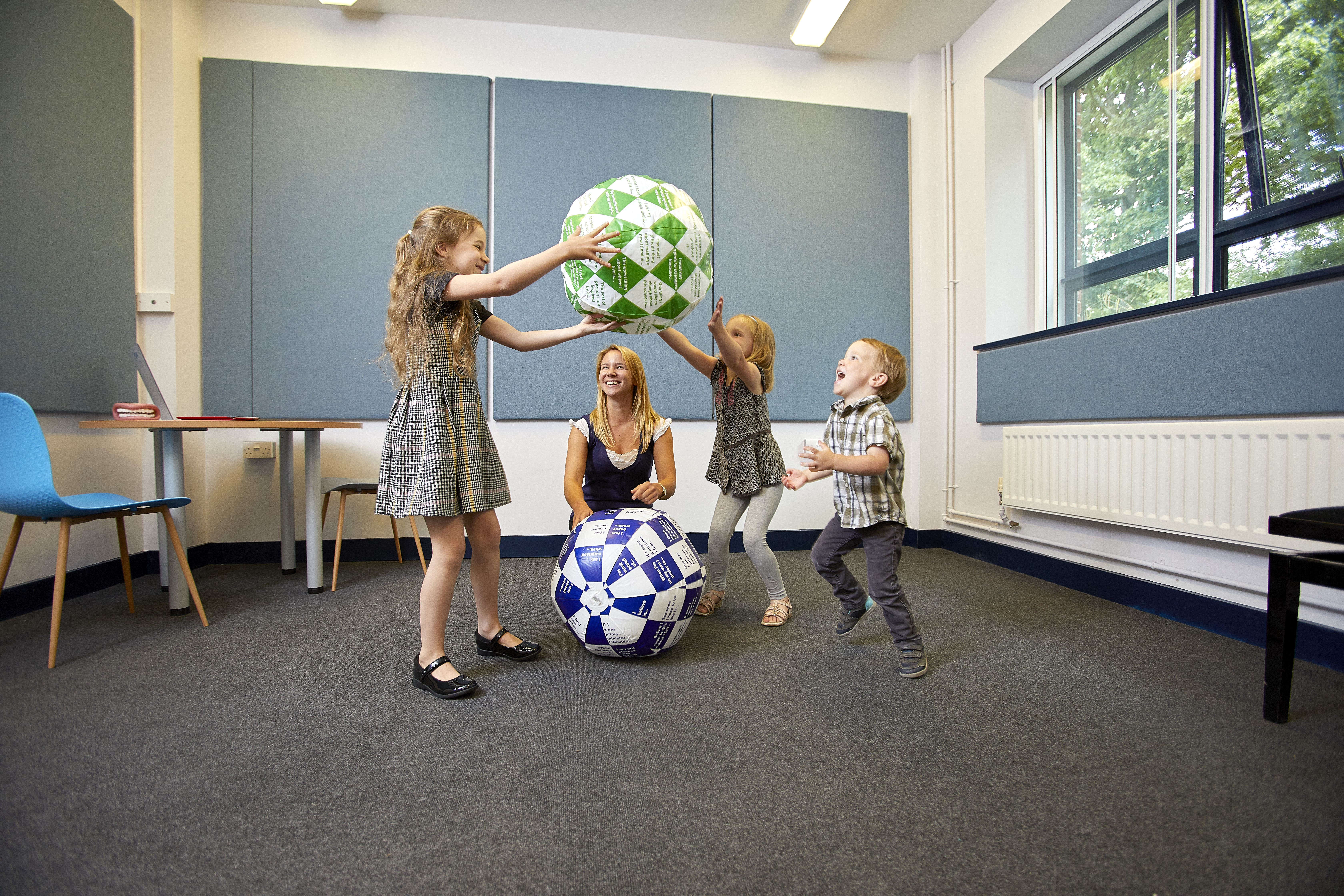
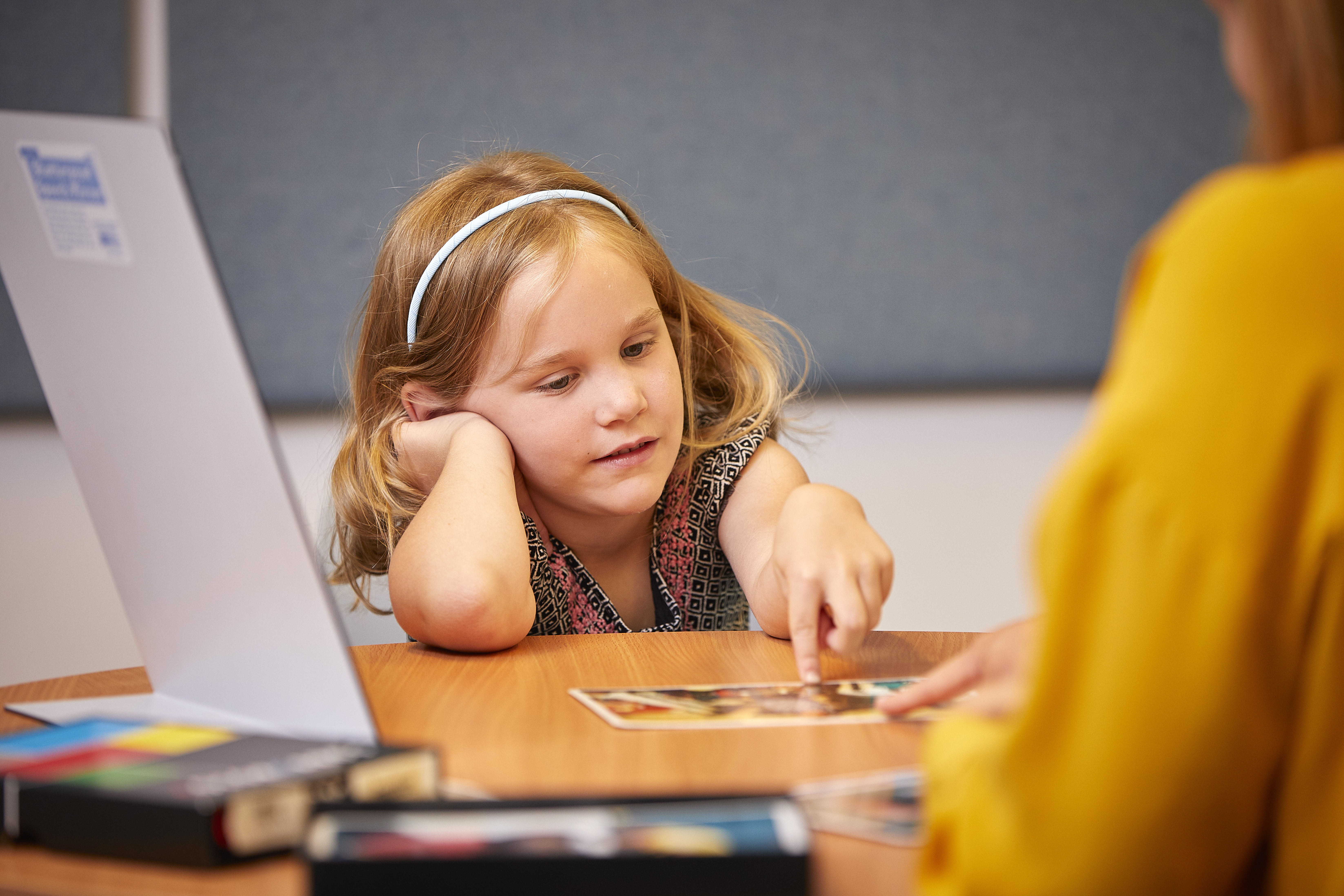

As Mary Hare Private Therapy Centre originated from a school-based therapy service, we are experienced in working with students spanning across the year groups from primary age to secondary age. We also have experience working with children who have a range additional needs such as:
Autism Spectrum Condition (ASC)
Attention Deficit Hyperactivity Disorder (ADHD)
Dyspraxia
Dyslexia
Developmental Language Disorder (DLD)
Auditory Processing Disorder (APD)
Auditory Neuropathy Spectrum Disorder (ANSD)….. and many more.
Examples of therapy programmes we offer are listed below. Please be aware that this is not an exhaustive list and we endeavour to tailor programmes to meet the needs of the school aged child requiring support. If you would like any additional information on any of these programmes or have queries relating specifically to your child, please do not hesitate to get in touch.
Speech difficulties- articulation or phonology
Children and young adults who have difficulty with producing their speech sounds clearly or who miss out or change their speech sounds when talking. This will usually have some impact on their overall speech intelligibility and/or confidence to communicate.
Language delay or disorder
Children and young adults who have difficulty with expressing themselves clearly and understanding what others are saying. These difficulties are unusual for the person's age. The difficulties might be with: Putting words together to make sentences, learning and remembering words or confusing grammar and/or tenses.
Vocabulary delay or enrichment
Therapy support for those with a delay in their understanding or use of vocabulary or who have difficulty with learning and/or retaining new words. A programme of vocabulary enrichment would benefit those with a diagnosed vocabulary delay or those seeking support to boost vocabulary learning/development.
Phonological awareness, rhyme and phonics boost to support literacy
Phonological awareness (sometimes referred to as 'sound awareness') is the awareness of what sounds are and how they come together to make words. Children and young people with phonological awareness problems may have difficulty with spelling and may find it challenging to sound out words when reading.
Developing whole body listening skills and attention
For those who have difficulty sustaining attention or listening appropriately. This could present as not being engaged in the classroom or not being able to sit still or focus on a given task or conversation.
Social skills
For children or young adults who have difficulty with making and/or maintaining friendships. This includes holding conversations or finding it difficult to use appropriate eye contact, turn taking, topic maintenance or use clarification strategies when they have not understood.
Emotional literacy
Emotional literacy refers to the ability to recognise, understand, handle and appropriately express emotions. For example, remaining calm when angered or reassuring oneself when in doubt. Difficulties with emotional literacy may present as finding it challenging to your own express feelings or understand how others are feeling.
Theory of Mind
Theory of mind refers to the ability to understand the desires, intentions and beliefs of others. A person who presents with difficulties relating to Theory of Mind will find it challenging to see another person’s ‘point of view’. This is a common feature of Autism but can also feature in the absence of an Autism diagnosis.
Auditory Processing Disorder (APD)
APD is a diagnosis given to those who have difficulty with processing and making sense of sounds in the brain. These challenges are not related to hearing loss. It can affect people of all ages, but often starts in childhood. People with APD may find it hard to understand and process speech, such as understanding and remembering instructions (especially in background noise), distinguishing similar sounds from one another or following a conversation.
As well as meeting individual needs of teenagers and younger adults, we offer a range of more general therapy packages to support teenagers and younger adults prepare for transition to adulthood. Therapy sessions at this age tend to be practical with the aim of developing functional communication and life skills.
Examples of therapy programmes we offer are listed below. Please be aware that this is not an exhaustive list and we endeavour to tailor programmes to meet the needs of the individual seeking support.
Interview skills
An individualised therapy programme designed to boost skills and confidence in an interview situation. This includes becoming familiar with interview routines, what to wear and expected interview etiquette. This will be achieved by taking part in a filmed mock interview and using self-evaluation techniques to develop self-awareness. There will also be opportunity to discuss answers to commonly asked interview questions and gain awareness of how to effectively prepare for attending an interview.
Driving Theory Test Progamme
A therapy programme designed to boost skills and confidence in preparing for the driving theory test. This includes becoming familiar with the content and layout of the driving theory test, learning and retaining key vocabulary included in the test and completing example questions.
Telephone Skills
A therapy programme designed to develop listening skills and confidence when using a mobile and/or landline telephone. This will involve establishing the current abilities of the young person/adult and building upon these skills in a safe environment in order to reach an agreed goal or outcome.
Independent Living
The independent living programme is designed to increase knowledge of the process of moving into a new property and living more independently. It aims to cover the process of finding any applying for accommodation, understanding the different types of accommodation available and key vocabulary such as ‘inventory’, ‘guarantor’, ‘en suite’ and ‘deposit’. Furthermore, opportunities will be provided to discuss the legal aspects of renting a property and how to read and understand the language used in tenancy agreements/contracts.
Finance and Banking
A programme designed to introduce younger adults to the world of finance and banking. Activities are taken from suggested resources published by Barclays Bank and are designed to make younger adults more aware of scams and risks associated with finance. In addition to this, the programme aims to develop awareness of the pros and cons of different payment methods and terminology relating specifically to money such as ‘direct debit’, ‘standing order’, ‘debt’ and ‘overdraft’.
Our expertise at Mary Hare has developed from supporting deaf students to access an oral education through using their personal amplification (hearing aids and cochlear implants) effectively to listen to and understand spoken language.
We would like to use our experience to offer hearing therapy and rehabilitation services to adults who are seeking support to develop their own listening skills. This may be following cochlear implant surgery or the prescription of a hearing aid(s).
Below are examples of therapy packages we can offer, however please feel free to get in touch if you have questions regarding specific needs.
Auditory rehabilitation after cochlear implantation
Supporting adults in working through the listening hierarchy to maximise the effectiveness of their listening skills and confidence after receiving a cochlear implant(s).
Hearing therapy- developing listening skills after being aided
Supporting adults to work through the listening hierarchy to maximise the effectiveness of their listening skills and confidence in using hearing aid(s).
We are aware that some adults may be seeking support with more general language and communication skills for example, memory, word retrieval, speech clarity or volume as a result of a clinical diagnosis, trauma or neurological damage. In these circumstances we urge you to get in touch with us to discuss your individual case. In the event that we are unable to offer direct therapy support, we may be able to signpost you to a more appropriate service provider.
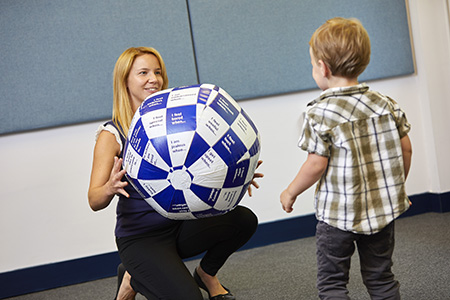
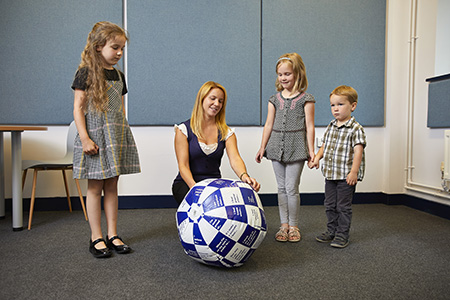
At Mary Hare Private Therapy Centre, we believe that therapy should be dynamic. We understand that in some cases, therapy may be delivered more effectively in a group situation. There are many benefits to using a group therapy model such as:
Receiving modelling and support and from a Speech Therapist to help your child reach their communication goals
Opportunities for children to practice sharing, taking turns, starting conversations, and following the rules. Learning these skills in a group setting means your child is more likely to implement them in everyday life.
Support from peers who face similar communication challenges and building of confidence through newfound friendships
Peer communication within a realistic social setting
Practice in a setting that mimics a real-world environment (a classroom, play date with friends)
The opportunity for your child to teach and learn from others
Cost efficiency
Whether group therapy is targeting social communication (turn taking, staying on topic, initiating conversations) or building language skills, it is a fun and exciting way to help children reach their full potential. Group therapy offers a supportive network and trusting environment where children can grow with and learn from each other.
Please get in contact with us to find out more about how group therapy could support your child. We are keen to hear from school staff who would be interested in setting up group therapy intervention sessions for pupils within their own settings as we have capacity to support the introduction and running of group therapy in your child’s school or nursery.




